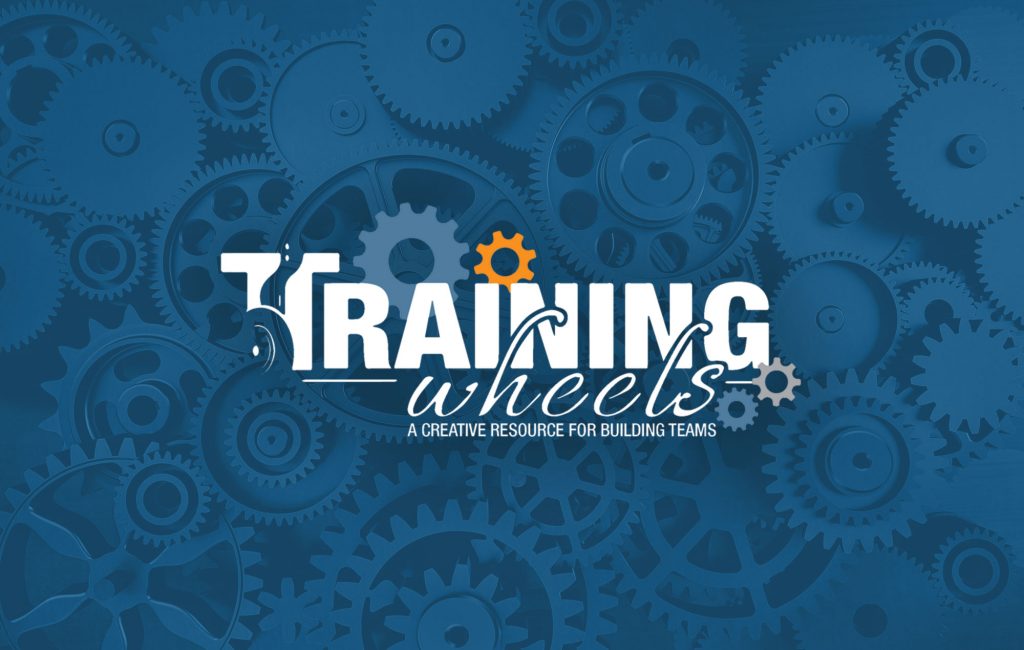
A-Ten-Shun! Playing With a Full Deck Turns 10!
It’s hard to believe that my book, Playing With a Full Deck, has been out for 10 years now. That completely blows my mind! Playing With a Full Deck
I’ve been hanging around Jokers most of my life, so it makes sense that I like playing cards! The first card games I remember playing as a kid were Nerts and Solitaire. Nerts was a competitive version of Solitaire that we played as a family all of the time. I had 5 siblings and a slew of cousins that lived nearby and during those long, cold winter days in Kansas we’d always play cards. Solitaire… There is something very satisfying in starting with disorder–a random arrangement of cards–and watching order restored, as the cards fall into a special pattern, change places according to a plan, or form an ordered sequence from Ace through King. There’s a good metaphor there for life and anyone who works with groups.
A simple deck of cards can cover so much ground with any group that you work with. Everything from mixers and get to know you activities, problem solving initiatives, powerful diversity activities and great debriefing activities can all be done with a deck of cards. If you think about it, in a traditional sit-around-a-table card game, your hands, eyes, and mind are all busy. Rules must be remembered and followed. All players are equal, whether adult or child, and there are winners and losers. In card games and solitaire, there is an element of suspense because the outcome is unpredictable. It’s the result of skill, luck, or both. Sound like any programs you have facilitated lately? There are a lot of similarities to team building to traditional card games. That’s why creating so many activities from such a simple prop came pretty easy!
Michelle w cards
I also love to use playing cards to randomly divide large groups into smaller groups. Cards from a standard deck can be divided in many ways-into red and black (26); suits (clubs, diamonds, hearts, and spades)(13); and denominations (aces, twos, threes, etc.) (4). Card games can also engage players in classifying, ordering, reasoning, deducing, and devising strategies to solve a problem. These same skills help in science, math, and other studies. They help us concentrate, focus attention, hone motor skills, and become more sociable.
To celebrate 10 years of playing card fun, here’s a free ebook with 9 activities from the full book. If you’d like to purchase the full book, find it on sale here!
Enjoy!
Have fun out there,
Michelle Cummings
Owner/Trainer/Big Wheel
Training Wheels
www.training-wheels.com

Founder / Facilitator / Big Wheel of Training Wheels